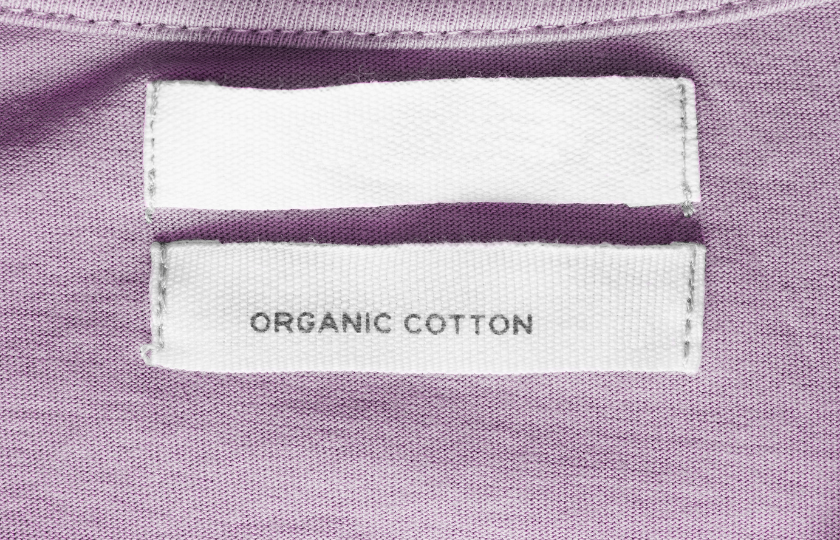Several fashion brands trading in New Zealand – including Glassons, H&M, Kate Sylvester, Maggie Marilyn, and Ruby – have been caught misleading consumers with sustainability claims on their clothing labels.
The brands are reported to have removed their claims after they could not back them when challenged by consumer lobby Consumer NZ‘s recent investigation into sustainable fashion claims.
Fast-fashion giant H&M claims that almost all its newborn garments are 100 per cent organic and are OCS (Organic Content Standard) or GOTS (Global Organic Textile Standard) certified. However, when Consumer asked the brand to provide licence numbers and transaction certificates to back up the claim, it instead removed them.
GOTS is a textile production certification that limits the use of toxic bleaches, dyes and other chemical inputs during the production process of textiles.
While OCS applies to any non-food product containing 95-100 per cent organic material, it also verifies the presence and amount of organic material in a final product and tracks the flow of the raw material from its source to the final product.
Retailers making any certification claims under any of these schemes must also display licence numbers that allow a customer to check whether the product is verified on a database.
Ruby and Maggie Marilyn have promoted clothing made from fabric certified by the GRS (Global Recycled Standard), a certification that proves the garment contains at least 50-per-cent recycled content and has been sourced from an accredited supplier and manufactured in a certified factory. The organisation asked the retailers to back up their sustainability claims but weren’t able to.
Juliette Hogan claimed its clothing is made from GRS-certified fabrics, but its labels did not include a license number. After the organisation’s inquiries, Juliette Hogan removed its claims.
Glassons also advertised products made from materials certified by the GRS, OCS, and GOTS. However, its clothing labels did not show a licence number.
Stuart Duncan, Glassons CEO, said the company was in the process of amending the labels. “The labelling of goods is very complex”, said Duncan. “Consumers should not be misled.”
Fashion label Karen Walker has claimed on its website that 49 per cent of its clothing brand was from GOTS-certified cotton. However, after the investigation, it subsequently removed the claims.
Kate Sylvester also sold several T-shirts as “100 per cent organic cotton and GOTS certified”. One of the T-shirts advertised was made in collaboration with Mindful Fashion New Zealand. While the fibre and yarn were sourced from GOTS suppliers, it was ribbed, cut and manufactured in facilities that weren’t accredited. The brand has also removed its claims.
The organisation urges shoppers to be sceptical about clothing brands claiming that their products have certain sustainability certifications.
Gemma Rasmussen, head of communications and campaigns for Consumer NZ, said companies should know it is not just fabrics that should be certified, but the clothing itself must be manufactured in a certified factory. In addition, retailers must also include license numbers to help consumers know that what they’re getting is genuine.
The organisation has also shared several tips to protect consumers from greenwashing:
- Look for precise claims and evidence backing them up.
- Look for details like a certification licence number and use it to check the relevant scheme’s database.
- If they think a company’s sustainable claim is misleading, report it to the Commerce Commission.
“Retailers have a responsibility to ensure their sustainability claims stack up. If they fail to do so, they risk misleading consumers,” said Rasmussen.



